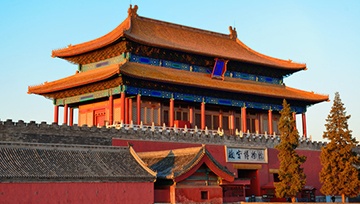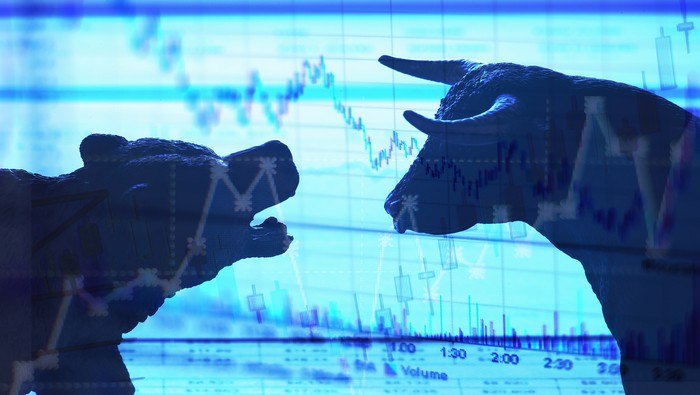Talking points:
- China’s NPC will elect executive, judicial and legislative leaders for the next five years.
- PBOC Governor will be appointed as well; Liu He, a top economic advisor, is the top runner.
- Growth, inflation and fiscal deficit targets will be released at the open of NPC on March 5th.
How to trade the news? Learn it now with Free trading guides!
China’s annual parliament meetings are kicking off this weekend: Chinese People’s Political Consultative Conference (CPPCC) opens on March 3rd and National People’s Congress (NPC) on March 5th. This year’s meetings are considered to be extremely important: NPC will elect new government leaders and officials including the president and premier for the coming five years; China’s Central Bank’s Governor will be appointed as well; and economic targets for 2018 will be released.
WHAT ARE NPC AND CPPCC
China has two parliaments: NPC and CPPCC. NPC is the legislature, more powerful one among the two. NPC delegates have the power to elect the president and other officials, and to vote to change the constitution and make new laws. CPPCC, on the other hand, is a top legislative advisory body. CPPCC members discuss important political, social and economic issues, and raise proposals. There are nearly 3000 NPC delegates and more than 2000 CPPCC members. Every March they will come to Beijing for the annual meetings, also known as “Two Sessions”. The meetings normally last for about 10 days.
ELECTION OF THE NEW GOVERNMENT LEADERS
A special highlight for the March’ 2018 meetings is that new government leaders and officials will be determined. This happens every five year. NPC will first elect president and vice president. Then, based on the president’s nomination, NPC will decide the premier. And then based on the premier’s nomination, NPC will determine vice premier, ministers and minister-level department heads. The current President Xi Jinping and Premier Li Keqiang are widely expected to be re-elected. A proposal that is raised to NPC and will be voted is to remove the two-term (10 years) restriction for president and vice president.
The heads of China’s highest-level justice agencies will be determined by NPC as well. These include the president of the Supreme People’s Court and the president of the Supreme People’s Procuratorate. Also, the chairmen of NPC and CPPCC will be elected by the delegates and members respectively.
In short, top executive, judicial and legislative leaders for China over the next five years will all be determined in the coming two weeks.
ELECTION OF THE NEW PBOC GOVERNOR
Among all ministers and minister-level heads’ elections, the new PBOC governor is in the spotlight. Normally, a governor is only allowed to serve for two terms. The current Governor Zhou Xiaochuan is an exception. He was appointed for his third term (5 year/term) in 2013, the longest ever. The candidates of his successor have not been official announced, but it is reported by Reuters that Liu He, a top economic advisor is the front runner. Liu spoke at the Davos Forum representing China this year, following President Xi’s attendance in 2017.
No matter who becomes the new central bank head, the essential goals and policies for the regulator will most likely remain unchanged in 2018: curbing financial risk will be the top target for the PBOC as well as other financial regulators; monetary policy is expected to continue to be prudent and neutral. What worth watching are measures that the new governor will launch to achieve these goals and how effectively they are.
ECONOMIC TARGETS IN 2018
China’s Premier Li Keqiang will deliver the annual government work report at the open of NPC meetings on March 5th. Economic targets include growth, inflation, unemployment rate, fiscal deficit and other goals. Among all, we discussed that the growth and fiscal deficit targetsfor 2018 are the top two to watch. In 2017, China has met major goals, as shown below.

Also, the government work report will cover China’s foreign exchange rate policy in 2018. The statement itself may not be the most important; what matters more is any change in the statement. For instance, in the 2016 report, “increasing flexibility of the two-way floating” which was included in 2014 and 2015 was removed; only “maintaining the Yuan exchange rate at reasonable and balanced level” was left. This indicated that the regulator strengthened focus on the stability of Yuan rate; when extreme moves are seen, they become more likely to step in.







